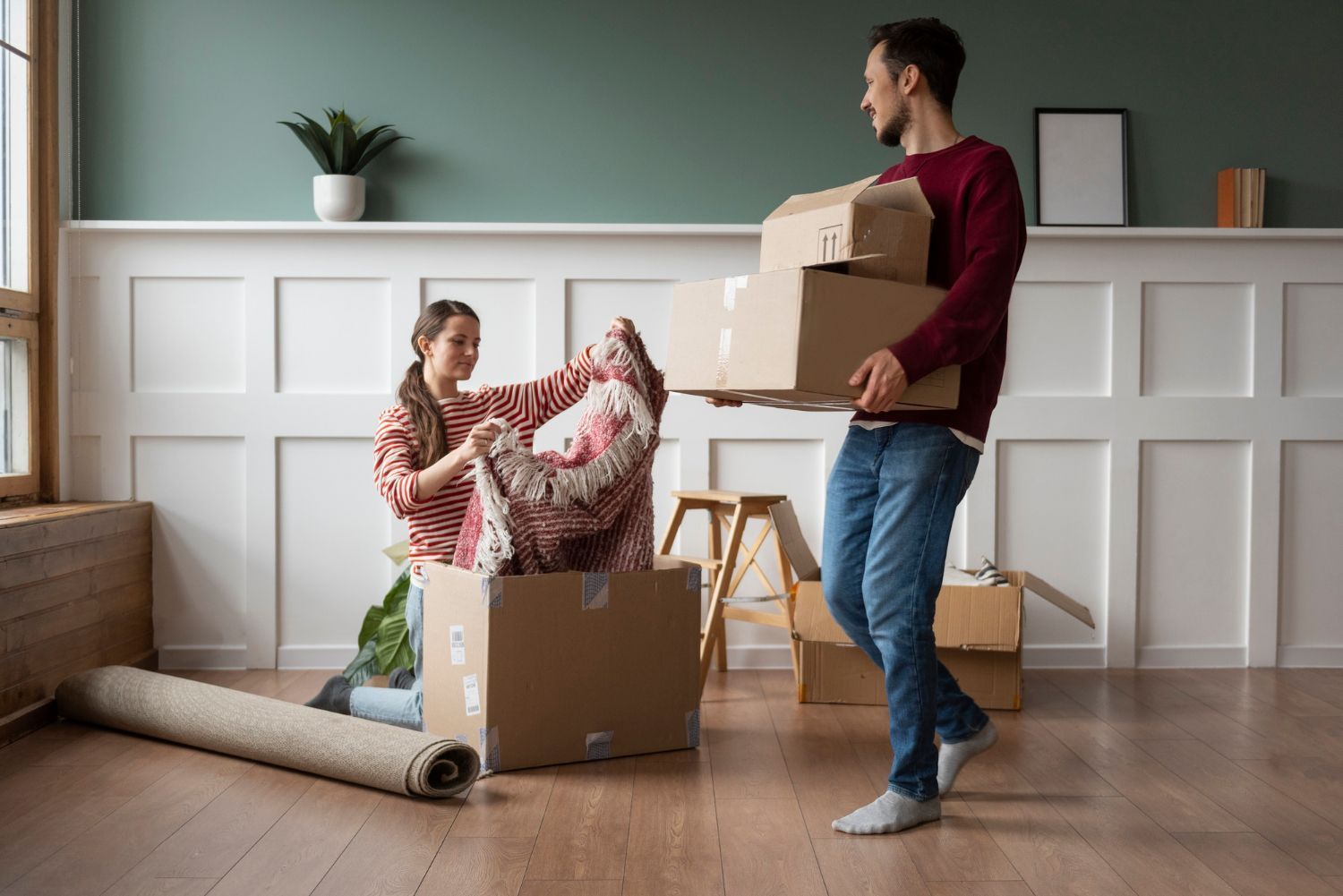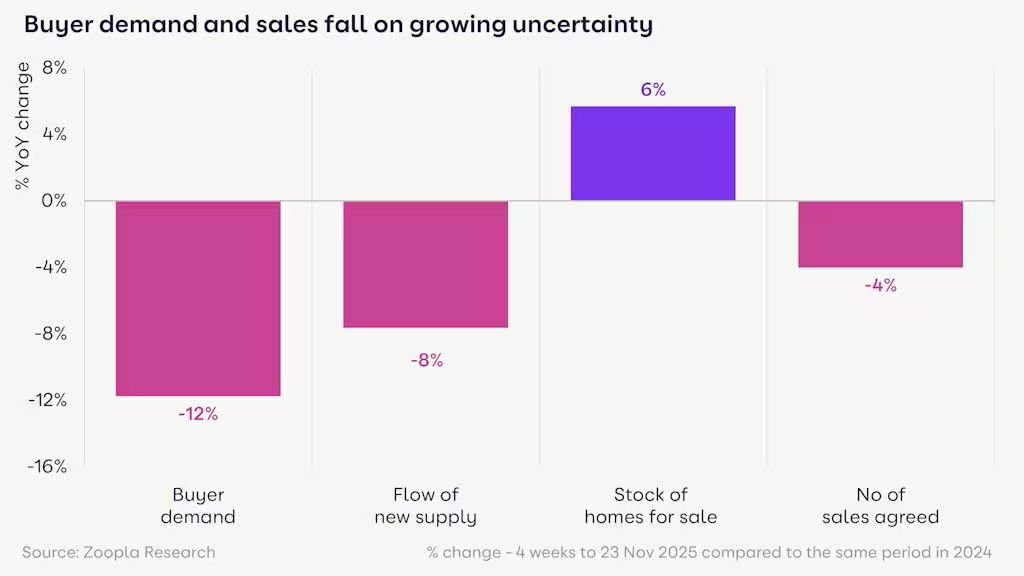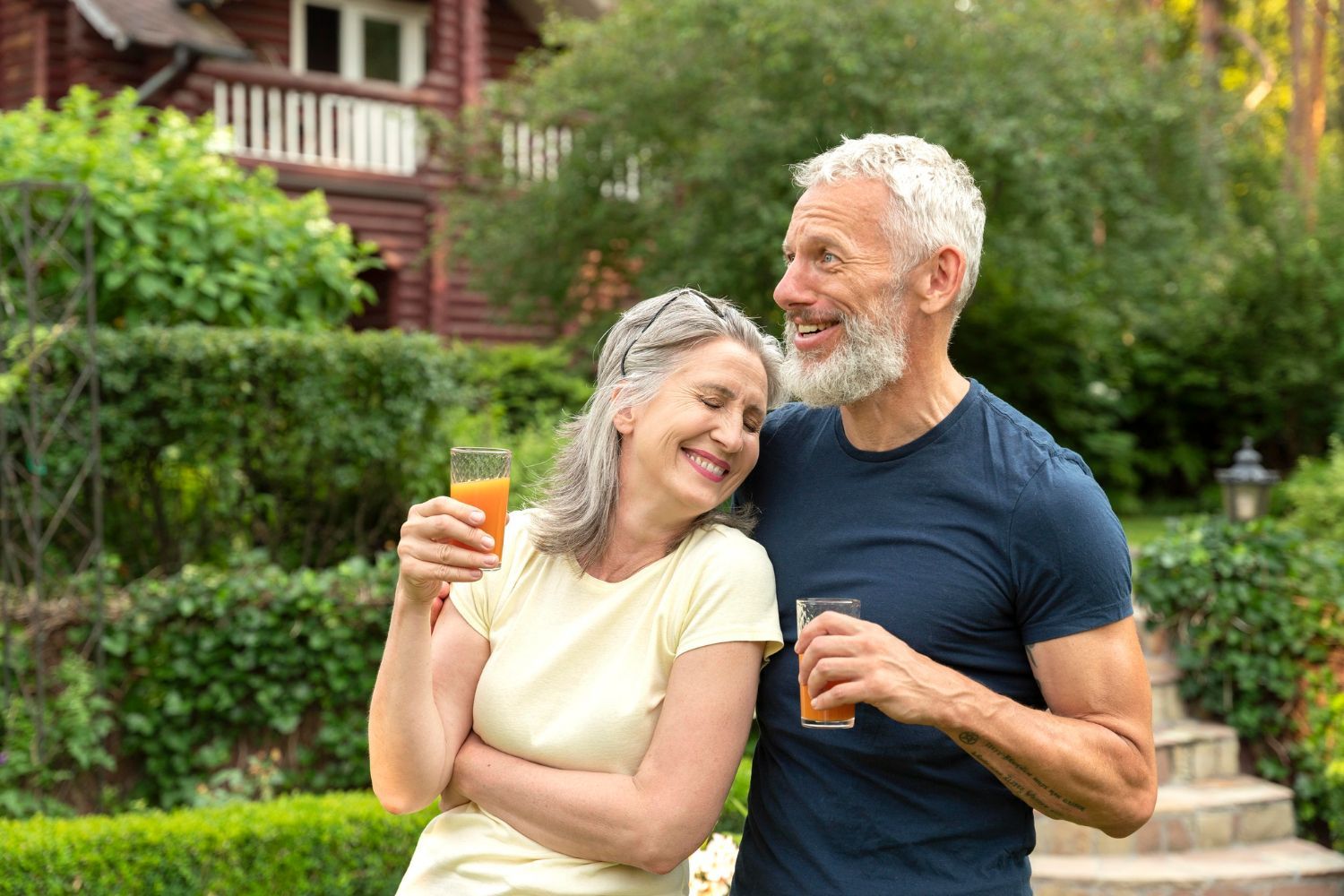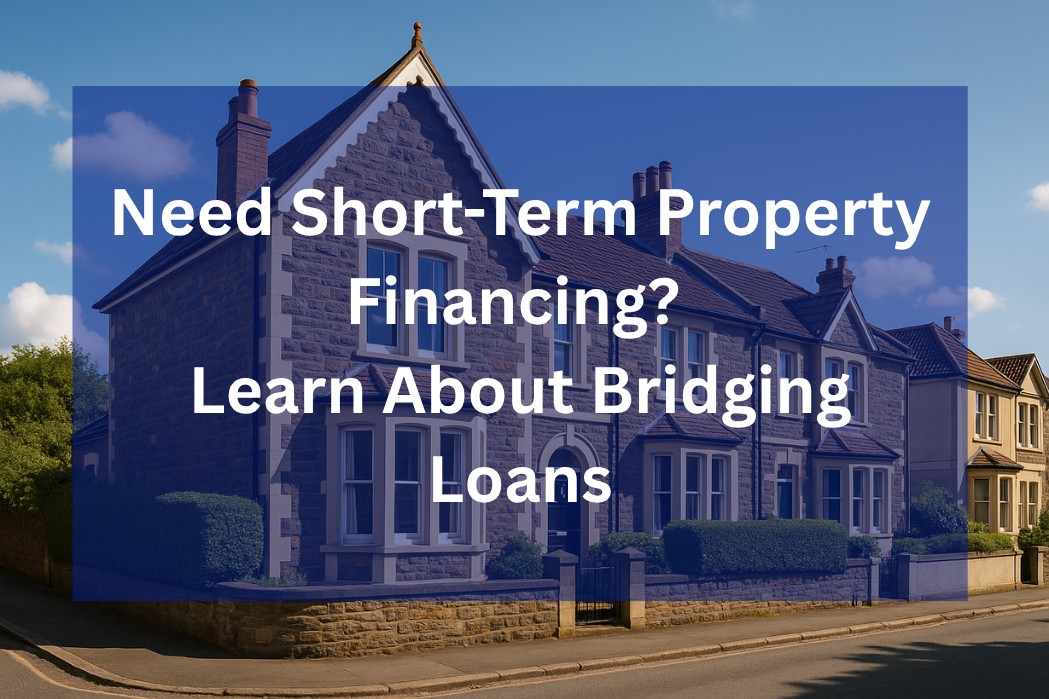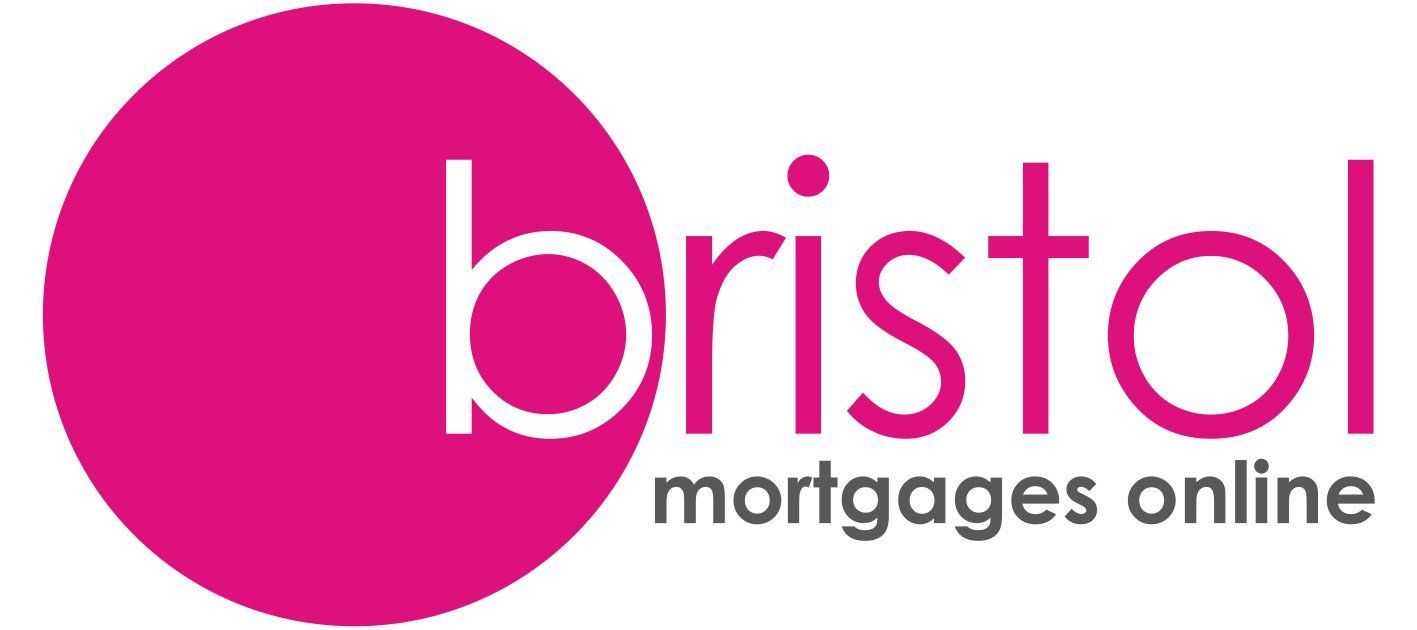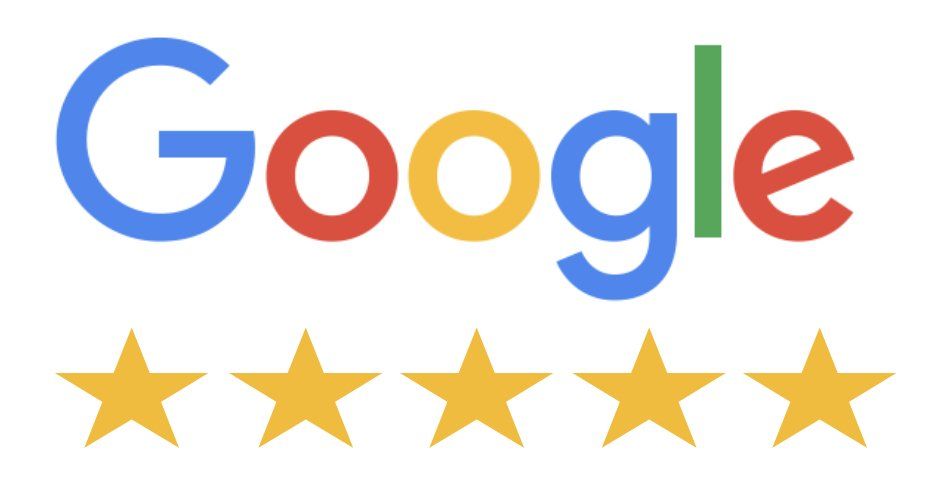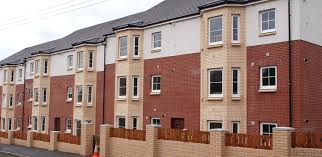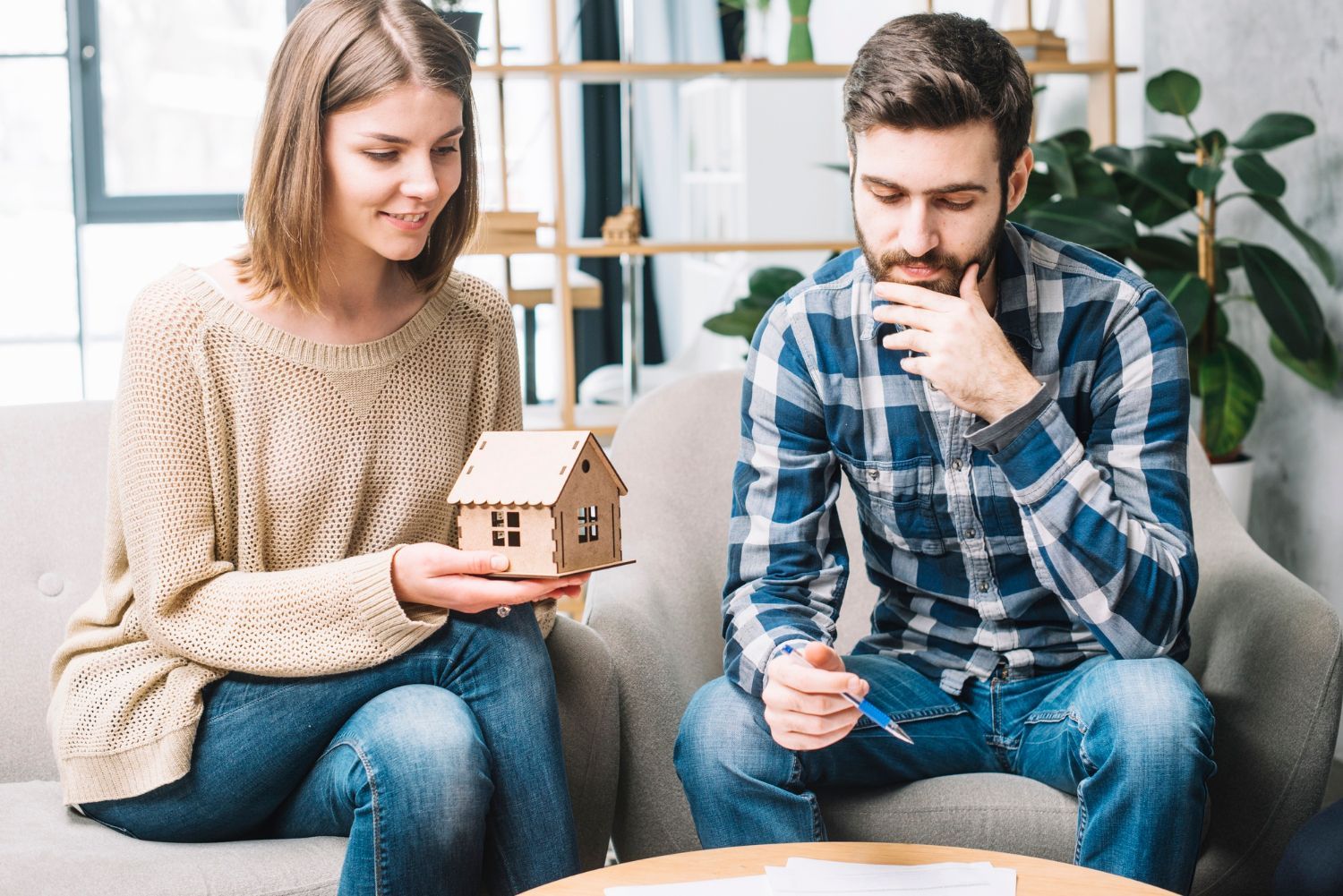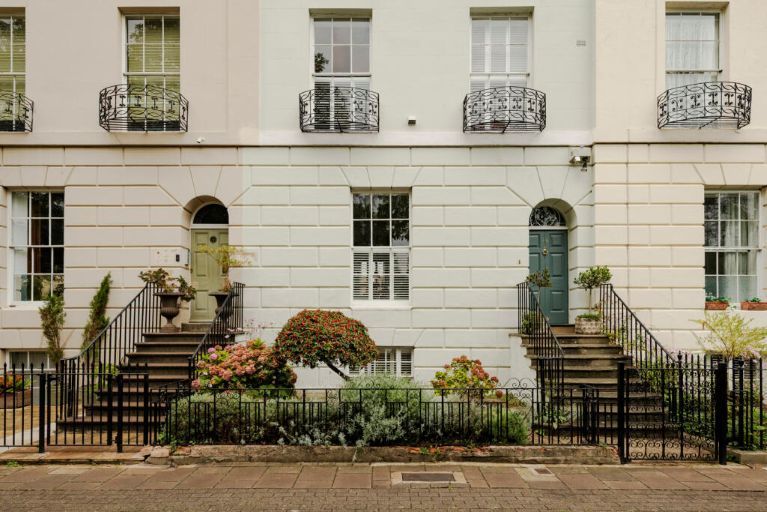The benefits and Disadvantages of Shared Ownership
Let us help you with your Shared Ownership mortgage
Adapted from a recent Zoopla article
Want to get on to the property ladder but struggling to stack it up financially? Shared Ownership could be the answer.
Shared Ownership is where you buy just a share of a property (between 25% and 75%) from a UK housing association. You then pay the housing association an 'affordable rent' on whatever part you don't own.
What kind of property can I buy?
This will vary according to the housing association. But generally, Shared Ownership schemes can be applied to new-build and existing properties – all of which will be leasehold.
Am I eligible?
You can qualify for shared ownership if:
- You are a first-time buyer or non-homeowner (although you may have owned in the past) who cannot afford to buy a home outright.
- Your household earns £80,000 a year or less. This rises to £90,000 if you're buying a one or two-bedroom property in London.
- If you are aged over 55, you may qualify for the Older People's Shared Ownership scheme. But, unlike the wider Shared Ownership, here you can only ever own a maximum of 75% of your home.
- If you have a long-term disability, you can apply for another Shared Ownership scheme, known as Home Ownership for People with Long-Term Disabilities (HOLD).
- If you already live in a local authority property, you may be able to apply for Social Home Buy. This works in the same way as Shared Ownership but offers a discount on the value of your property on the first and any further shares you purchase.
What costs should I expect?
Deposit: Typically, you'll need to raise a deposit of at least 10% of the share of property you are buying. You'll also need to secure a mortgage for the remainder of that share from a bank or building society.
Rent: You'll then have to pay rent to the respective housing association on whatever the share of the home you don't own.
Fees: All normal house-buying costs will still apply such as mortgage and legal fees, surveys and Stamp Duty.
Annual charges: As Shared Ownership properties are leasehold, there will probably be annual service charges to pay to maintain common areas and grounds.
How do I buy more of the property?
Once you're in, you can buy more shares of the property from the housing association until you own it outright, a process known as 'staircasing'.
The cost of your additional shares will depend on the value of your home at the time you choose to buy them. So if the value of your property goes up, so will the price of your shares. Likewise, if the value of your home falls, the price of your shares will be cheaper.
Each time you want to buy another share, the housing association will value the property – and you'll be charged the valuer's fee.
The greater the share of the property you own, the less you will pay in rent. And once you own the property outright, you will no longer need to pay any rent at all.
What happens when I want to sell?
When it comes to selling, the process will depend on how much of the home you own. If you still own just a share of your home, the housing association has the right to find a buyer for it. The property will be known as a 'Shared Ownership resale property'.
If you have staircased and now own 100% of your home, you will be able to sell it yourself. However, for 21 years from the date the home became 100% yours, the housing association may have the right to buy it back first - known as 'first refusal'.
How do I buy a Shared Ownership resale property?
The buying process is almost exactly the same for existing resale properties and new-build Shared Ownership homes. The only difference is that the minimum share a new buyer can purchase will have to be the same or more than the one the current seller owns. Beyond that, buyers can purchase up to 75% of the home, or just whatever share they can afford.
What are the advantages of buying a Shared Ownership property?
- It can be a good way (or the only way) to get on to the property ladder – or live in a much bigger home than if you bought outright.
- And because you are only buying a share, the mortgage you will need to secure against the home will be significantly smaller than if you were to buy without the scheme.
- You may also be able to save extra cash after you've paid your rent, which you can invest later on in further shares of your home.
What are the main disadvantages of buying a Shared Ownership property?
- Even if you are eligible for Shared Ownership, not all lenders offer mortgages for Shared Ownership homes.
- Once moved in, you won't be able to make any major changes or improvements unless it's stated you can in the lease and you have permission from the landlord.
- If you decide to sell before owning 100% of a Shared Ownership home, the housing association has the right to find you the buyer. And even once you own 100% of it, you may have to give the housing association first refusal when you come to sell.
How do I apply for Shared Ownership?
That depends on where you want to buy within the UK.
If you are looking in England, you will find properties for sale through local Housing Associations.
If you are buying in Wales, you will need to speak directly the relevant housing association.
Remember as an Independent Mortgage Broker, we are regulated to offer you the best advice.
For expert advice and more information or to book your FREE consultation please visit one of our websites, call or email.
Bristol Mortgages Online www.bristolmortgagesonline.com Tel 0117 325 1511
Bath Mortgages Online www.bathmortgagesonline.com Tel 01225 584 888
Exeter Mortgages Online www.exetermortgagesonline.com Tel 01392 690 888
Email info@swmortgages.com
#bristolmortgagebroker
#mortgageadvice
#independentbroker
#lettobuy
#buytolet
#bathmortgagebroker
#greatmortgagebtoker
#sharedownership
#lowinterestmortgage
#fixedratemortgage
#expertmortgageadvice
#freeconsultation
#remortgage
#firsttimebuyer
#greatbuytoletdeals
#fivestarservice
#highlyrecommended
#topmortgagebroker
#sharedownership
